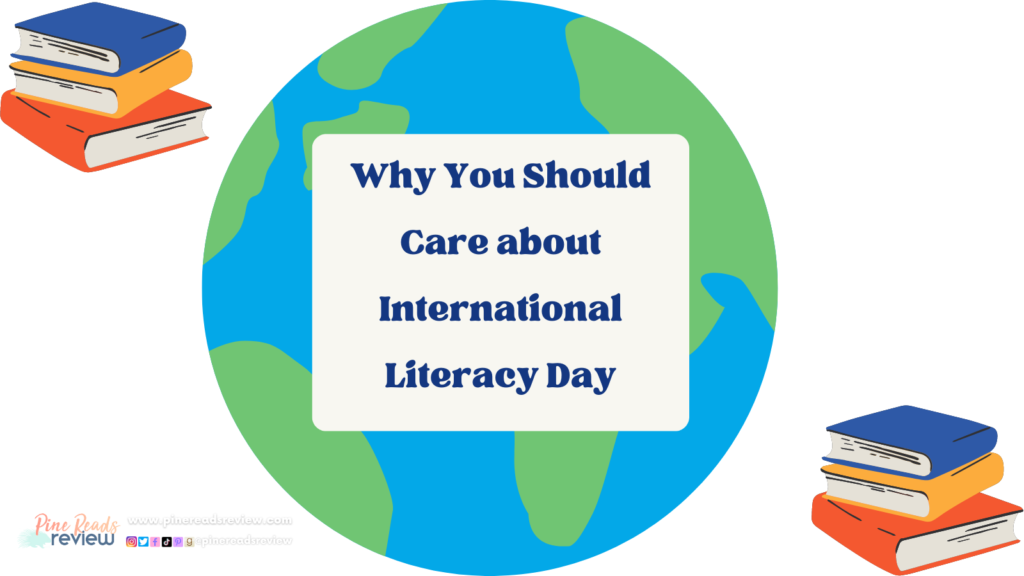
September 8th marks International Literacy Day, an international holiday that is not known by many, but should be. Literacy Day provides an opportunity to remind people of the power of literacy and how it can globally affect the future. This day highlights the importance of literacy as a fundamental human right—the right to have an opinion, be educated, and perform to the highest capability in all matters in life. Roughly 781 million people worldwide are illiterate, and most of this population is made up of women. Today, I will delve into the importance of this day and why you should help to spread awareness of this issue to your teachers, friends, parents, and students.
The United Nations Educational, Scientific and Cultural Organization (UNESCO) created International Literacy Day to spread awareness about the importance of literacy, especially for children who are learning to read. In an article entitled “UNESCO International Literacy Day: Empowering Futures and the Crucial Role of Third-Grade Reading Proficiency,” Eric Steckel writes, “The significance of children’s literacy by the end of third grade cannot be overstated. Numerous studies have shown that achieving reading proficiency by the end of third grade is a critical milestone in a child’s education journey.” This need for literacy by the end of the third grade is imperative to help children go from “learning to read” to “reading to learn.” Without the necessary skills of reading and recall, children may start to falter in their learning journeys, as classes like math, science, and social studies depend on a child’s ability to understand what they are reading and think critically about the implications of the texts they consume.
A major issue that is highlighted through this day is the importance of helping children in marginalized communities with generational poverty, violence, and educational inequity. Children who are not at the predetermined comprehension and reading levels expected by the end of third grade are more likely to struggle in other areas of their education and even more likely to drop out of school altogether. Raising awareness on the importance of literacy can support the communities who need it most and create change in places that are inequitable in comparison to more privileged communities.
International Literacy Day is more important to society than ever before. With the increase of technology and the information that can be found at the drop of a hat, it is crucial for both adults and children to have media literacy, which can stem from developing critical reading skills at a young age. Much of what can be found on the internet and social media is lies, propaganda, or uneducated takes with no sources to back up the statements being given. Helping children to think critically about what they are reading online can help the future of society gain the skills that they need to find work, continue their education, and be properly informed on matters such as voting and social issues.
So, how does one celebrate or contribute to International Literacy Day?
Unless you are a librarian, a teacher, or a public servant, it may seem like there is nothing you can do to help; however, there are several easy activities that can help make a difference. To start, donate old books to public libraries and elementary schools in your community or to those in need. You can even personally gift important books from your own childhood to children in your community if you think it might spur their interest in reading. Places like Salvation Army can provide children’s books to struggling families and help children to get a head start on their education. Being a supporter of teachers and public libraries can also support literacy, as the educators who work tirelessly to prepare the youth for adulthood are extremely underfunded and often ignored. While giving books away and helping your community elementary schools may not seem like much, these actions can assist in improving literacy amongst children and even encourage children to share what they have learned with the adults in their lives who may have never fully completed their education.
Jenica Delaney, Pine Reads Review Writer
For more information on International Literacy Day visit:
Remember, knowledge is power!